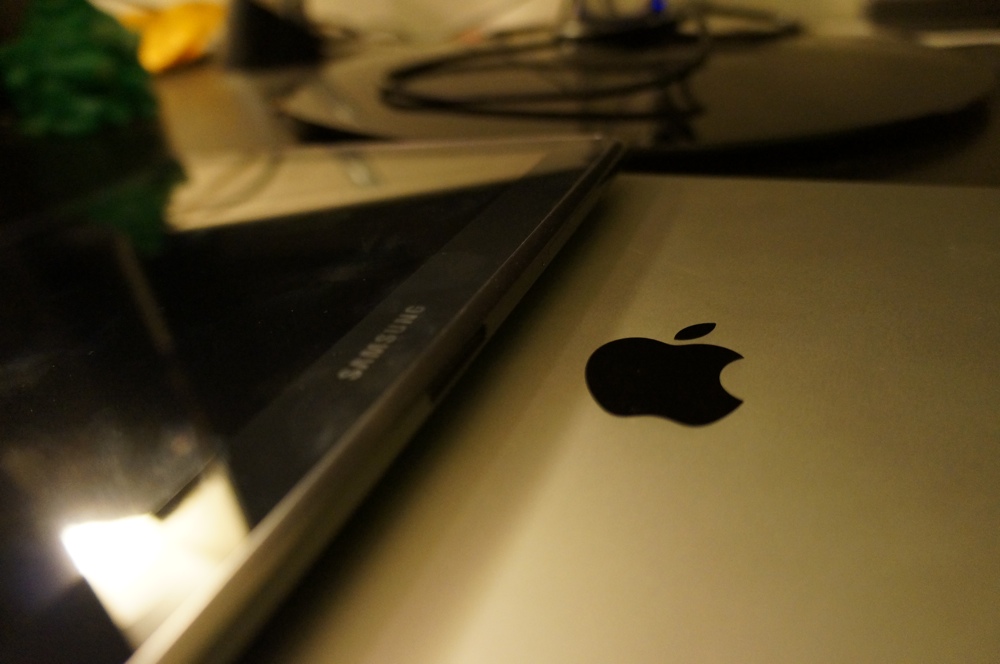We’ve heard from Microsoft execs, Tim Cook, and even industry watcher Robert Scoble about Friday’s overwhelming win for Apple in court over Samsung. Now, one of the trial’s jurors is speaking out.
Juror Manuel Ilagan said that he and the other members of the Apple v. Samsung jury believed Samsung had infringed on Apple’s patents since the first day of deliberations, according to an interview with CNet this morning. But he added that the jury also carefully deliberated over the evidence presented during the trial.
In a decision that took less than 21 hours of deliberation (under three work days), the jury found that Samsung willfully infringed on Apple’s patents and ordered the Korean company to pay more than $1 billion in damages.
When asked for some specifics on compelling evidence from the trial, Ilagan said:
“Well, there were several. The e-mails that went back and forth from Samsung execs about the Apple features that they should incorporate into their devices was pretty damning to me. And also on the last day they showed the pictures of the phones that Samsung made before the iPhone came out and ones that they made after iPhone came out. Some of the Samsung executives they presented on video [testimony] from Korea, I thought they were dodging the questions. They didn’t answer one of them. They didn’t help their cause. ”
Ilagan also added that the jury didn’t buy Samsung’s arguments that Apple infringed on its wireless 3G patents. Apple showed during the trial that it bought the chips from Intel, which had already struck a licensing accord with Samsung. That meant Samsung had no grounds to sue Apple for patent infringement.
With his background in mechanical engineering, Ilagan said he spoke up about technical issues during deliberations. Jury foreperson Velvin Hogan also held patents himself and directed the jury through his experience with the patent process, Ilagan said.
At the very least, it sounds like the jury was plenty informed about the technical and patent aspects of the case. That should satisfy some industry watchers who thought the complexities of the case may have been too much for a jury of technology neophytes.
Update: Jury foreperson Velvin Hogan also had some comments on the trial: “We didn’t want to give carte blanche to a company, by any name, to infringe someone else’s intellectual property,” he told Reuters in an interview today.


